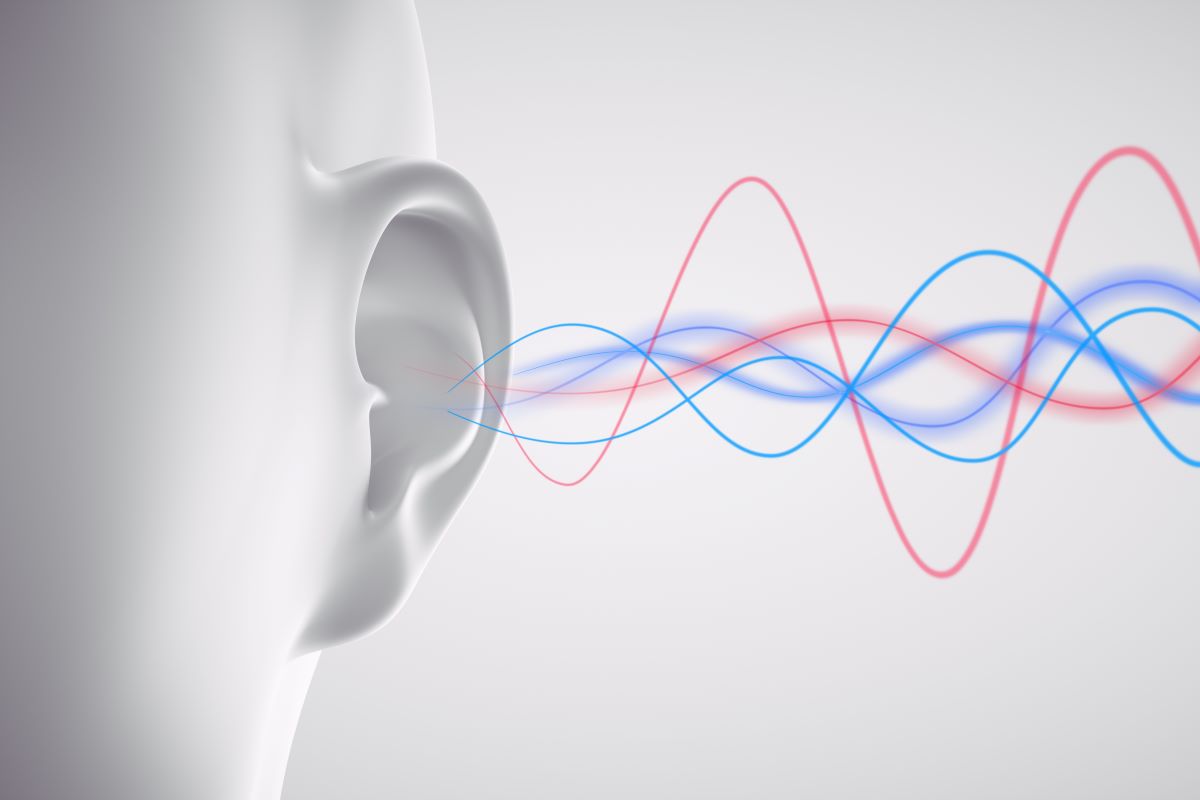
Measure your tinnitus
You may be surprised to learn that hearing aids are one of the best, if not the best, forms of treatment for tinnitus. Yet, most of you out there suffering from tinnitus today won’t have even considered them as being a solution for you.
I’m going to show you the different styles of tinnitus hearing aids, explain how they’ll help you and whether or not you’re suitable for them.
See the video below for measuring your own tinnitus with a frequency sweep.
Hearing aids and tinnitus
So, how can hearing aids help, and are they the best possible treatment for you?
Now, I say treatment because, sadly, there is no known cure for tinnitus. However, there are plenty of proven ways to make it less intrusive and transform it from being at the forefront of your mind all the time and something that you struggle to escape from, to being something that’s just there in the back of your mind but has no negative impact on your life on a daily basis.
Hearing aids help to reduce tinnitus in two main ways:
- If you have a hearing loss, the hearing aid should be programmed to that loss and, therefore, fill the void of sound that’s not being sent from your ear to your brain. This filling in of missing sound will mask your tinnitus, and works for around 60 to 70% of the patients we see at Harley Street Hearing with tinnitus and hearing loss combined.
- Hearing aids can be used for sound enrichment therapy or masking, and this is where each hearing aid manufacturer has their own types of sound enrichment to mask your tinnitus. These sounds can range from different types of noises to nature sounds.

What each hearing aid manufacturer offers
Widex Moment tinnitus hearing aids
Widex has historically been a strong forerunner as the best hearing aid for tinnitus for years now, and this all started when they introduced their Zen sounds back in 2012, and have recently continued to add to their tinnitus features with the introduction of a feature called SoundRelax.
The Widex Moment hearing aid is available in a range of different styles. The style of hearing aid that you’re comfortable wearing is a very personal thing, and some patients prefer a behind-the-ear model, while others prefer an in-the-ear hearing aid.
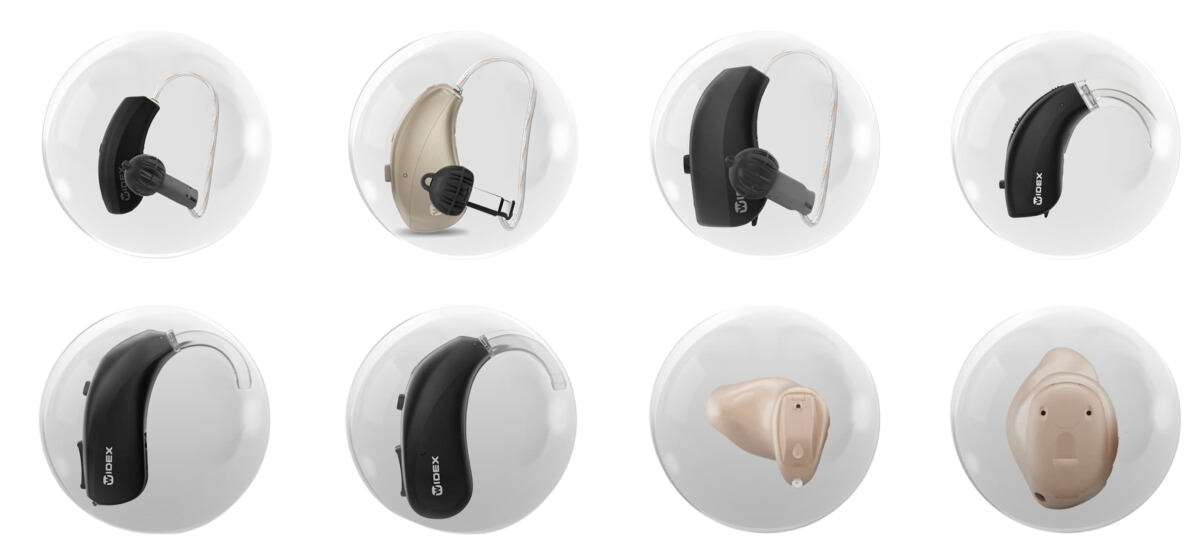
You must remember that the suitability of a hearing aid is also determined by your hearing test results, so your audiologist should recommend the most appropriate style for you, based on three factors:
- Your preference
- Your hearing test
- Your lifestyle
The different hearing aid styles can give you access to different features. Widex’s tinnitus features are available across all of their technology levels, from their 440s, 330s, 220s, and 110s, with the 440s being the most advanced of all of their technology.
Now, while you can choose from a white noise sound, which is similar to other hearing aid manufacturers, Widex is mainly known for its Zen and SoundRelax sounds, which all need to be activated by your audiologist.
The Zen therapy concept is unique to Widex and involves using fractal tones, which are random, harmonic, and melodic tones that sound a little bit like wind chimes. As they’re unpredictable, your brain doesn’t associate the sound with any other conventional music or sounds to which you may have been exposed. In itself, this encourages overcoming the negative effects caused by your tinnitus.
Widex recently introduced their newest SoundRelax sounds, which Widex claims will help you regain your inner peace with a great new world of relaxing sounds. Not only is Widex’s SoundRelax designed to help all hearing aid wearers, both with and without tinnitus, but Widex states that they will also help you deal with anxiety, they’ll soothe your mind and also boost your concentration levels.
Oticon Real tinnitus hearing aids
Oticon calls their tinnitus feature Tinnitus Sound Support. Oticon’s latest hearing aid to feature these tinnitus features is available in a range of different styles, full details are in the video below.
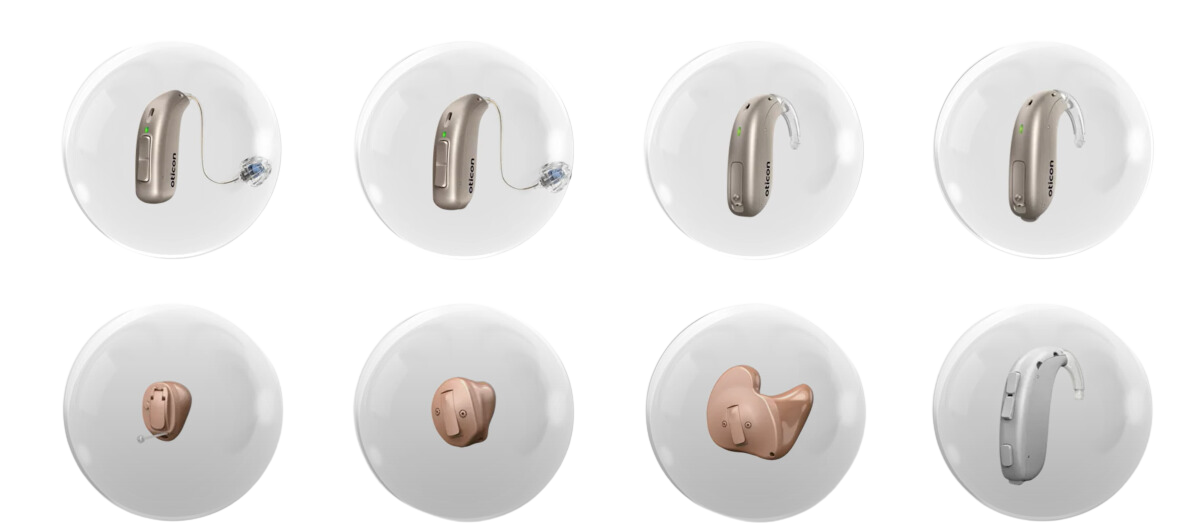
Oticon’s Tinnitus Sound Support features are available across their different technology levels, so from level one, two, and three, again, with the former being the most advanced of their tech. To activate your tinnitus settings, you’ll need to work with your audiologist to ensure the correct settings for you.
Phonak Lumity tinnitus hearing aids
Phonak approaches its tinnitus treatment in a very similar way to Oticon, with fewer options but a little bit more flexibility. They call their tinnitus feature Tinnitus Balance, and it’s available across Phonak’s family of up-to-date hearing aids, which is incredibly vast, with a few exceptions. (see the video for full details)
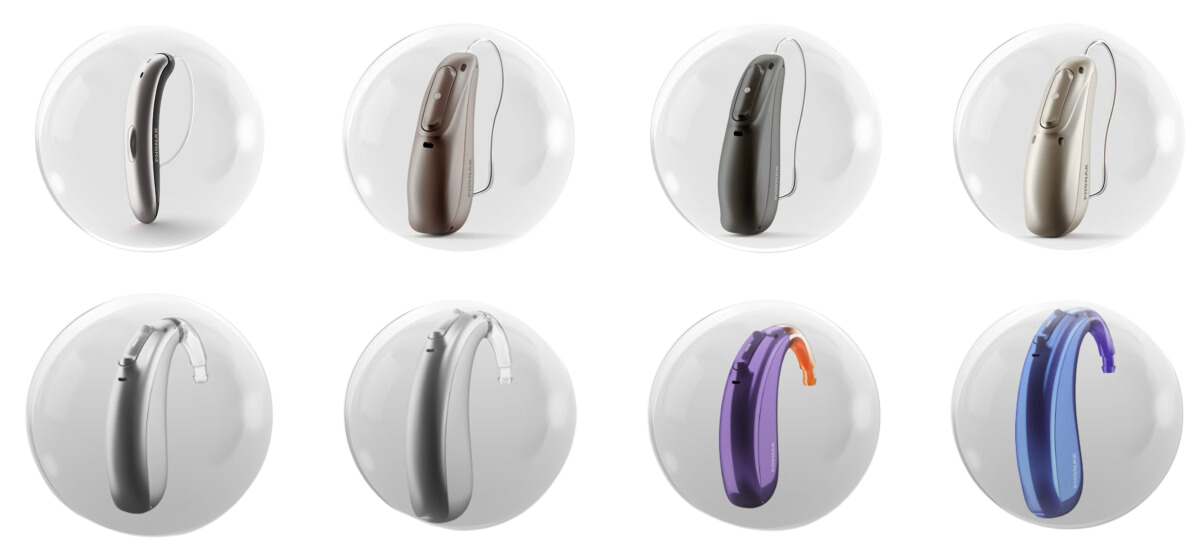
As with all other manufacturers, the tinnitus feature needs to be enabled by your audiologist on Phonak’s Target hearing aid fitting software. Yet, differently from all other manufacturers, Phonak focuses on providing you with broadband sounds, rather than nature sounds that we saw with the likes of Oticon.
In my opinion, their selection of three is a little bit disappointing. However, as I mentioned before, there’s a lot of tailoring that can be done to those sounds. Clicking on the tinnitus section in the Target software, you can see that the first option is to set their masking sound to hearing loss, which is similar to the shaped tinnitus feature from Oticon, matching your specific hearing loss.
We do tend to find that patients prefer this option to the others. We then have the white noise, and then finally, pink noise. While the hearing aid software will estimate the most appropriate intensity of masking for your hearing loss, it’s possible to increase or decrease it further still.
Taking this one step further, Phonak also allows further customisation of the frequency response using the graphic equalizer to add more or less bass, mids, or treble according to your needs.
Starkey Genesis AI tinnitus hearing aids
Starkey’s tinnitus program is called Multiflex and is available in all of their newest Genesis AI family of hearing aids. Starkey has a huge selection of styles to choose from, plus it’s built into all technology levels.
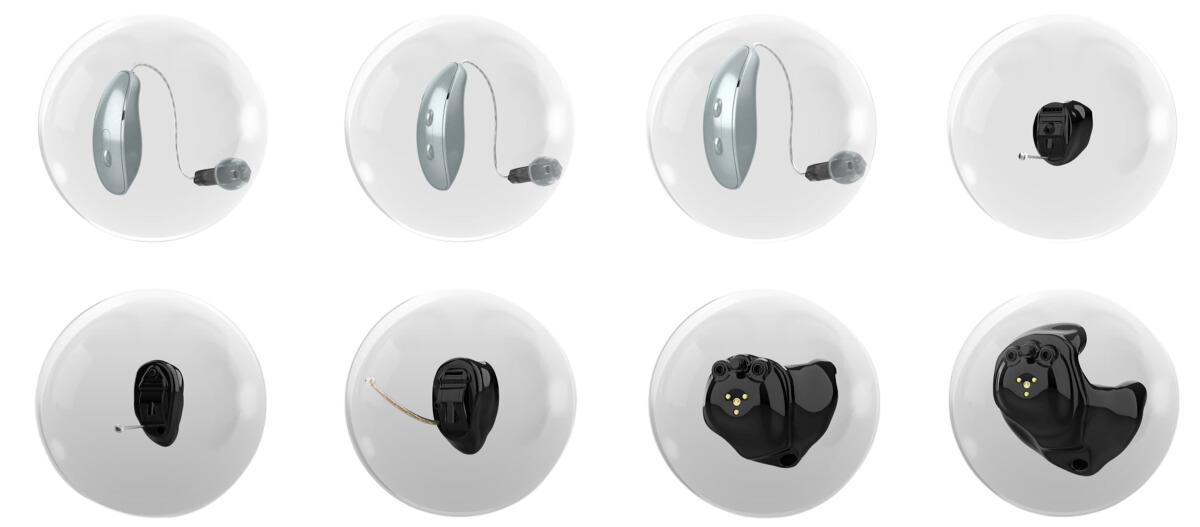
Again, the settings need to be activated by your audiologist in the Starkey Profit fitting software, and you have the choice of three different types of masking to choose from: audiogram-shaped, white noise, or customised, which allows the shaping of the Multiflex tinnitus stimulus for a personalised signal with an even greater degree of precision.
Signia IX tinnitus hearing aids
Signia’s tinnitus therapy features are available in all styles, although you do have to take a step back in technology for you to be able to access some of them. For example, it’s available in their Pure Charge&Go IX, their Pure Charge&Go T IX, and their Silk X, which are their most up-to-date family of hearing aids, plus their Motion BTE hearing aids, and the Insio NX IIC, CIC, and ITE, which are older technologies.
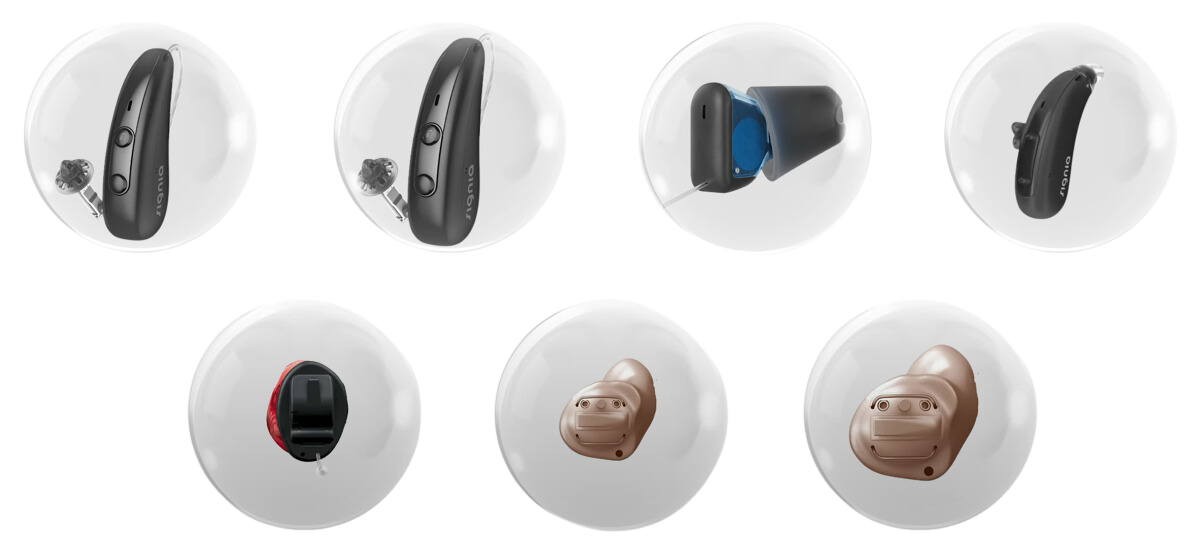
Again, Signia’s tinnitus therapy is available in all styles and all technology levels and needs to be programmed via their Connexx hearing aid fitting software. They offer three different strategies against tinnitus, depending on which is the most appropriate for you: static noise therapy, ocean wave therapy, and then Signia’s unique tinnitus Notch therapy.
The static noise tinnitus therapy signals include five preset noise signals, plus the ability to personalise the sound to meet your specific needs. With Signia, you can choose from white noise, pink noise, speech noise, high tone noise, or Brownian noise.
Secondly, Signia has four different ocean wave therapy signals, which are designed to mimic the sound of the sea, including Boulder Beach, Rocky Beach, Pebble Beach, and Paradise Beach. Most of our tinnitus patients do tend to find them very relaxing and also less annoying than some of the standard white noise sounds that are out there.
Finally, and uniquely to Signia, you can access their tinnitus Notch therapy. I found that this method of tinnitus therapy can be pretty effective, depending on the individual. The TNT technique is designed for those experiencing a tonal, such as a ringing, whistling, or buzzing, and it’s different to using any of Signia’s masking sounds, as the concept behind TNT therapy isn’t to drown out the sound with other sound but actually to teach your brain how to ignore it completely.
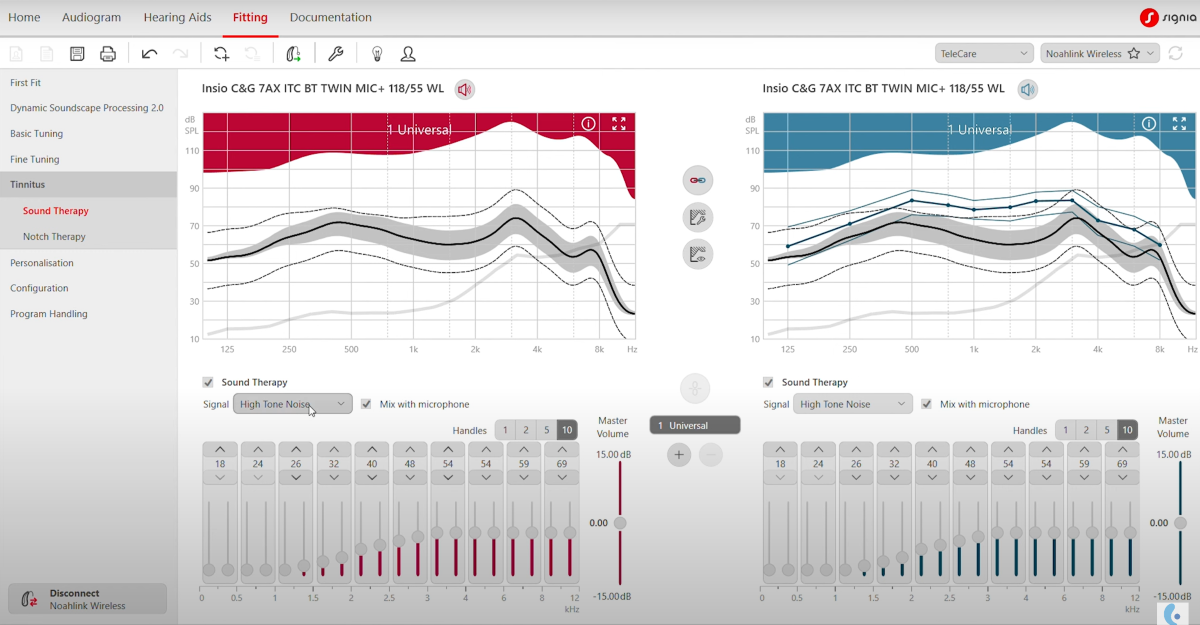
Signia says that the frequency of your tinnitus is targeted, and amplification of the sound is turned down and relegated to background noise, making it easier for your brain to ignore your tinnitus.
In theory, this means that you don’t waste your energy on your tinnitus, and your stress level should be reduced, as you’re not actively trying to shut it out. Unlike ocean wave and static noise sound therapies, this method is done completely inaudibly, so you might not even realise that you’re going through sound therapy when you’re experiencing it.
The setup process for tinnitus Notch therapy is unique to Signia and, similarly to the tinnitus match and mask diagnostic tool, this process allows your audiologist to identify the specific frequency of your tinnitus. The process works by presenting two different signals, of which you have to choose the closest match to your tinnitus, with the process being repeated until the tone of your tinnitus is matched, which is then the basis of Signia’s tinnitus Notch therapy.
Resound Nexia tinnitus hearing aids
ReSound’s tinnitus sound generator is without question one of the most versatile out there, putting you, the hearing aid user, in the driver’s seat when it comes to adjusting the settings on your hearing aids. The tinnitus features are available for all technology levels and need to be activated through ReSound’s SmartFit hearing aid fitting software.
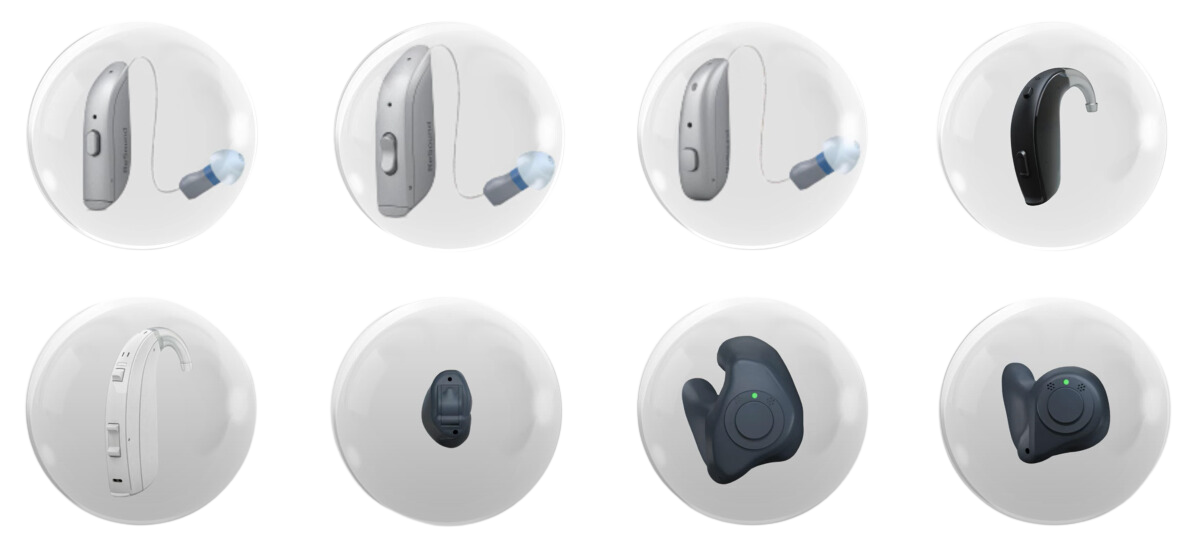
ReSound has two categories of tinnitus masking sounds. Firstly broadband sounds, with four different types of noise to choose from. This includes high-frequency noise, white noise, speech noise, and pink noise.
The second type of sound enrichment has their selection of nature sounds, which are again, different types of ocean waves, similar to that of Oticon and Signia. Now, there are six in total, ranging from breaking waves, water creeks, calming waves, beach surf, ocean, and then finally, shoreline.
The very first place that you should start looking into overcoming your tinnitus is by getting your hearing tested. So, get yourself booked in with an audiologist who knows about tinnitus and also specifically optimising hearing aids related to tinnitus, which is, in fact, quite specialist. So, make sure you do your research first.
Hearing aids alone can be a huge help in terms of treating your tinnitus, and employing tinnitus retraining therapy can increase the chances of helping you overcome your tinnitus even further.
The best thing for you to do is to work closely with your audiologist to identify which masking sound is the most effective for you. However, if you don’t think that you’re ready for hearing aids just yet, then you might want to look at this pretty mind-blowing alternative tinnitus treatment.
Comparing the best hearing aids for tinnitus in 2024
Matthew Allsop is a Partner at Harley Street Hearing, and a content creator for Hearing Tracker, where he shares his honest opinion on all new hearing aid technology. Hearing Tracker is the world’s first truly independent resource for hearing aid customers. You can view his video where he shares his opinions on the best hearing aids for tinnitus in 2024 below.
Enjoy this article? You might be interested in some of our others:
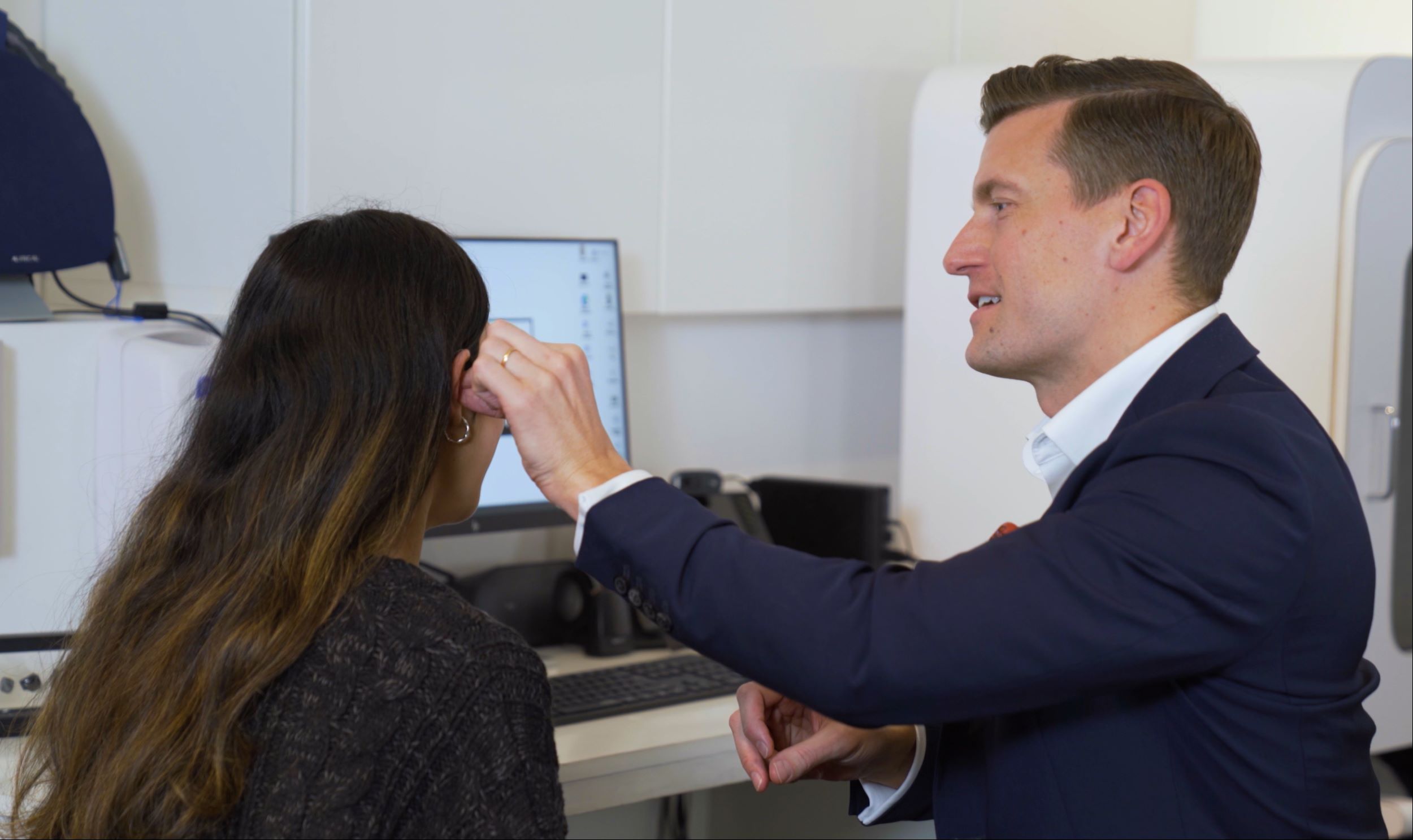
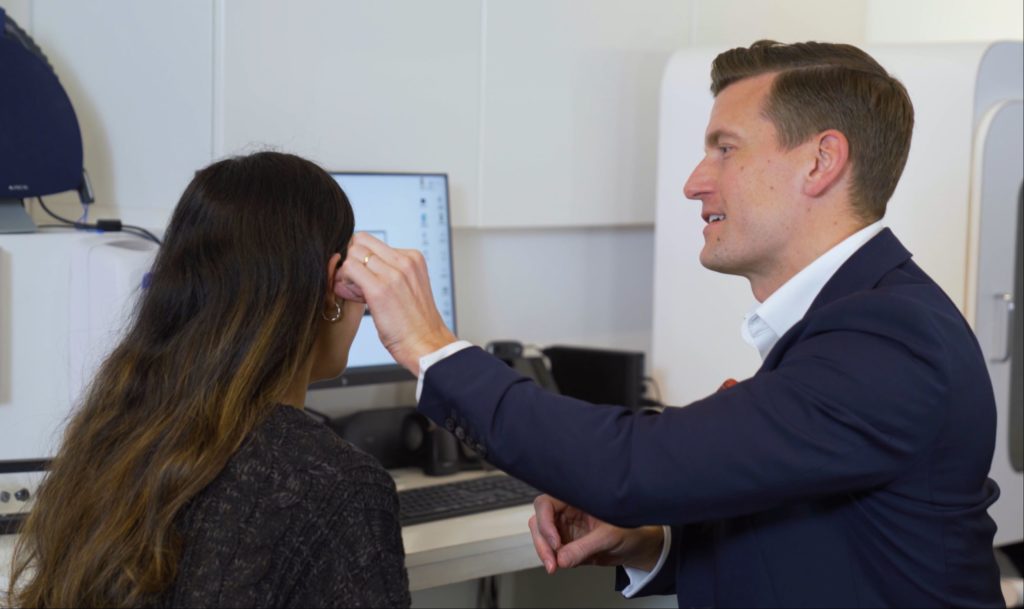

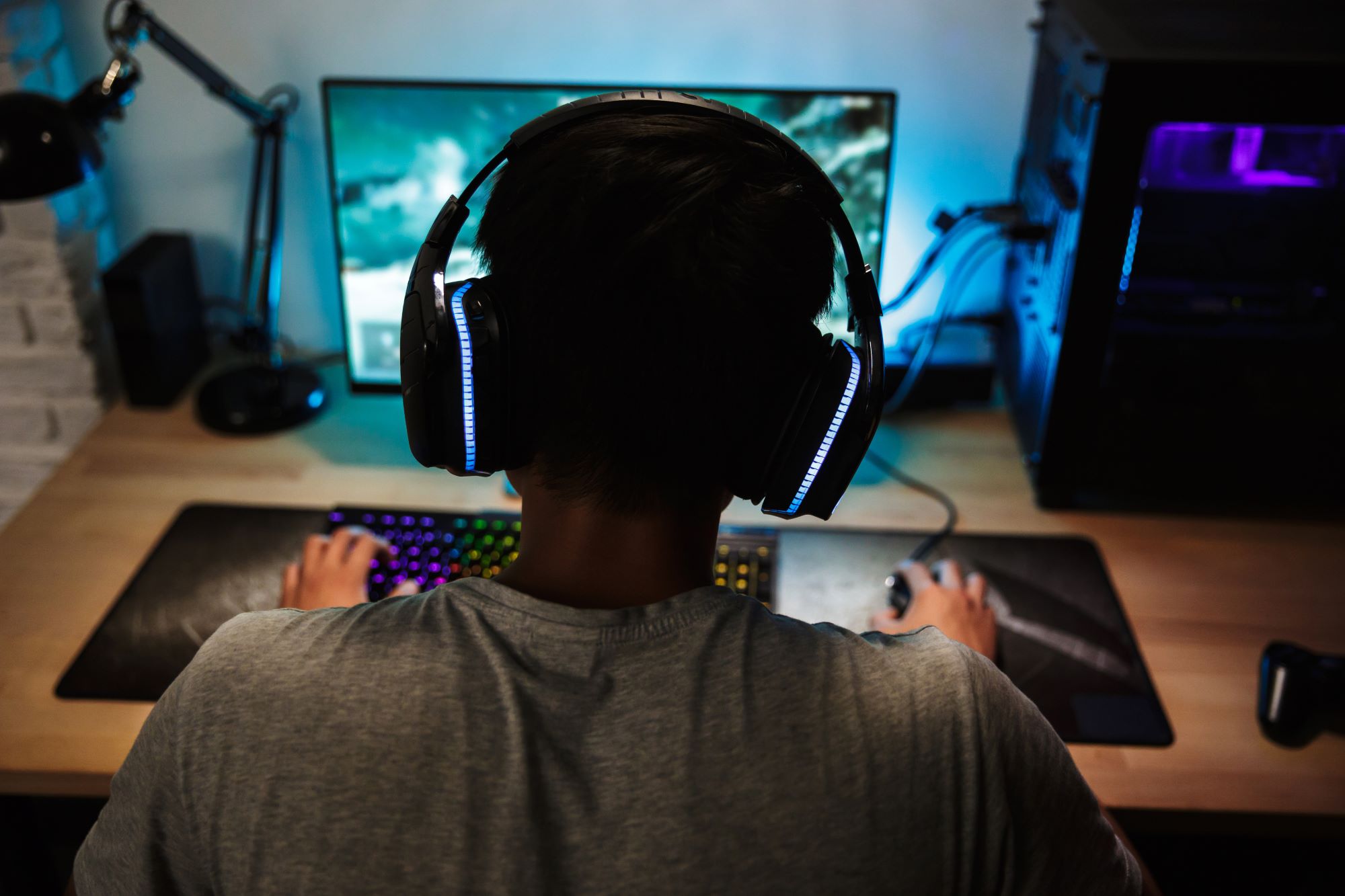
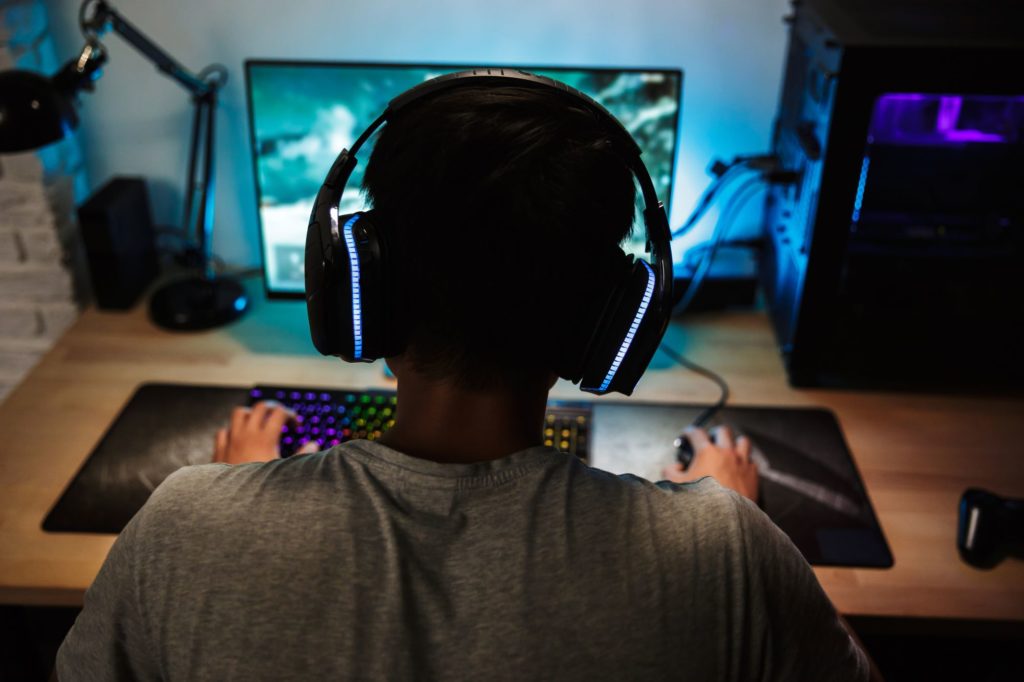
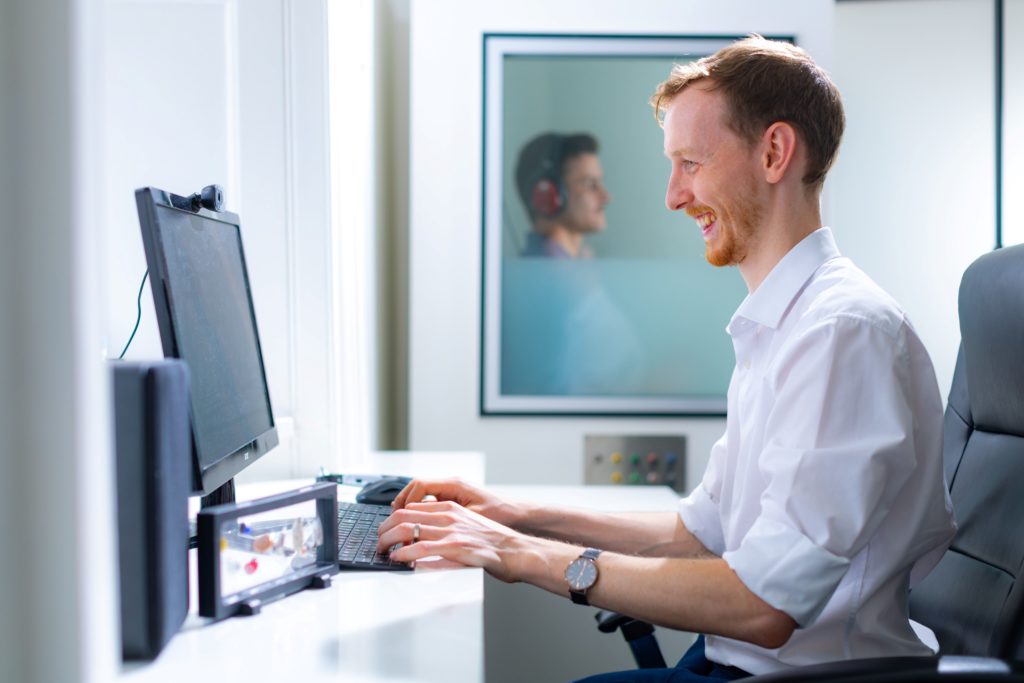

 A few months ago, Allsop began his crusade to enlighten skydivers about the dangerously high noise levels they encounter during their thrilling descents. The
A few months ago, Allsop began his crusade to enlighten skydivers about the dangerously high noise levels they encounter during their thrilling descents. The 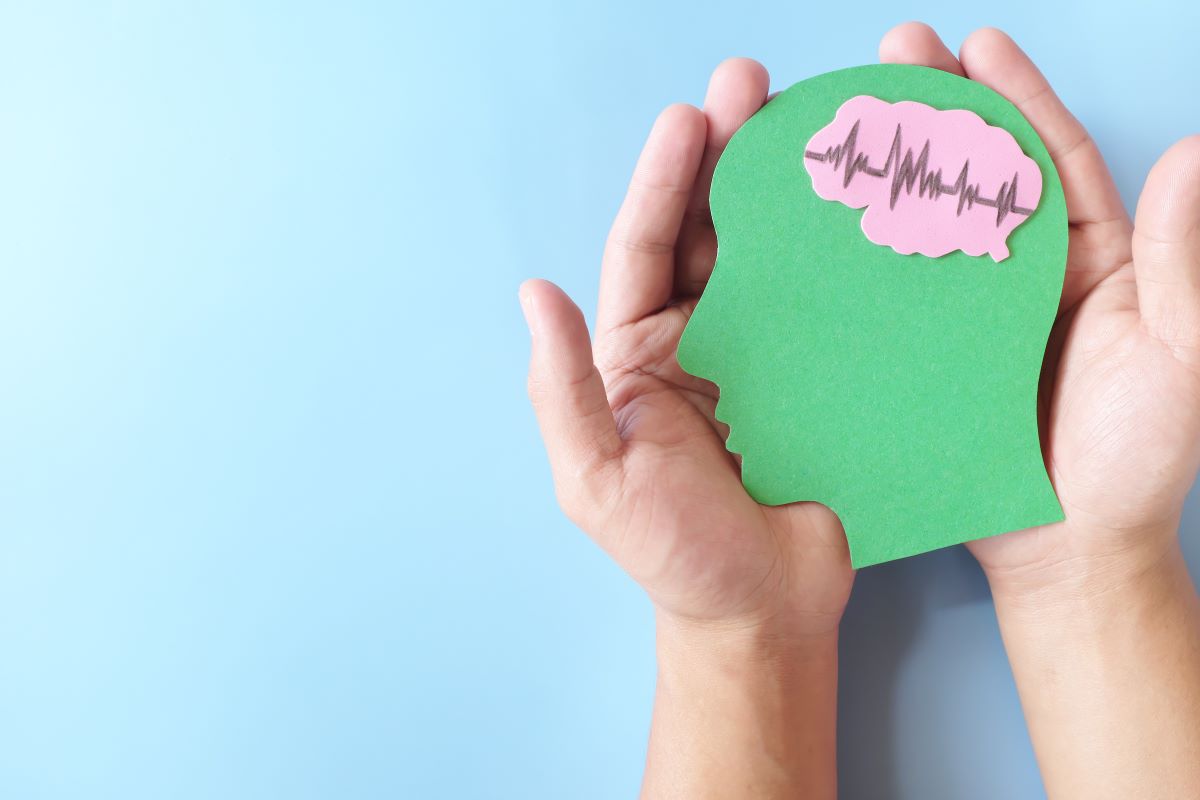
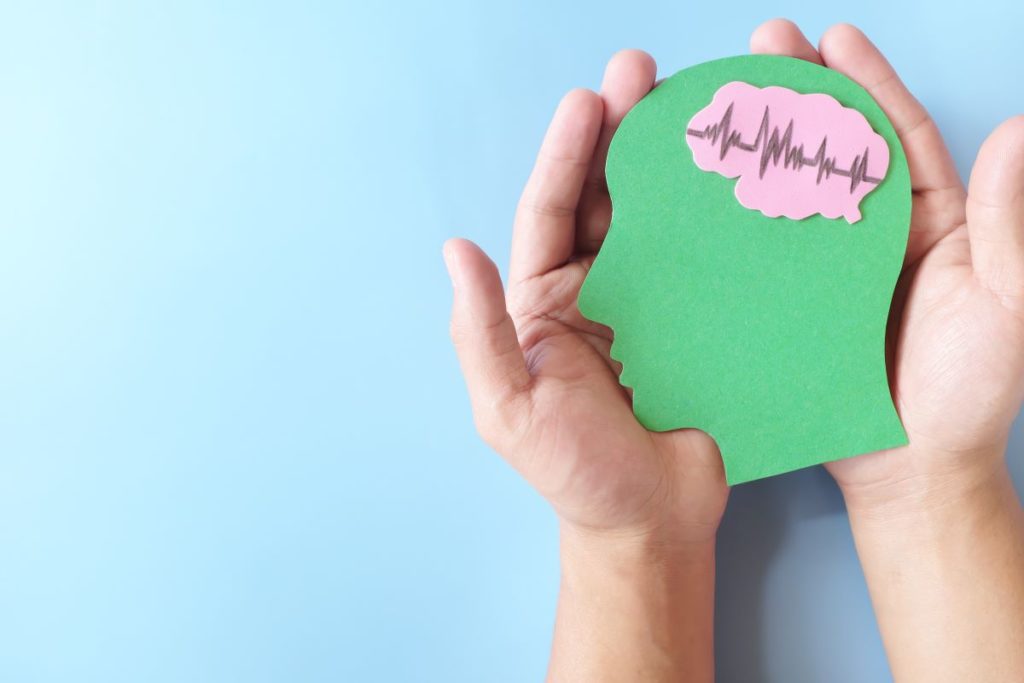
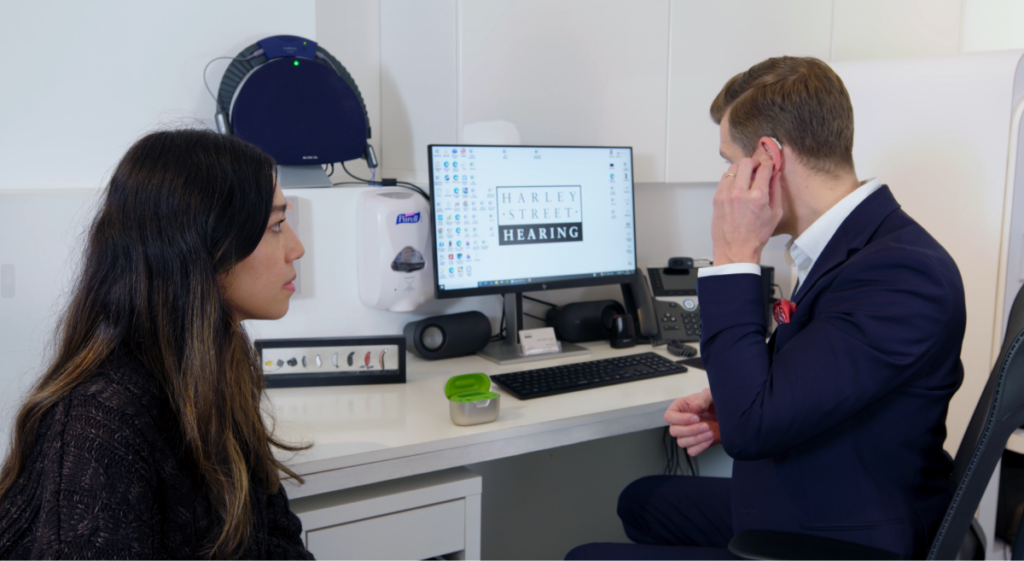

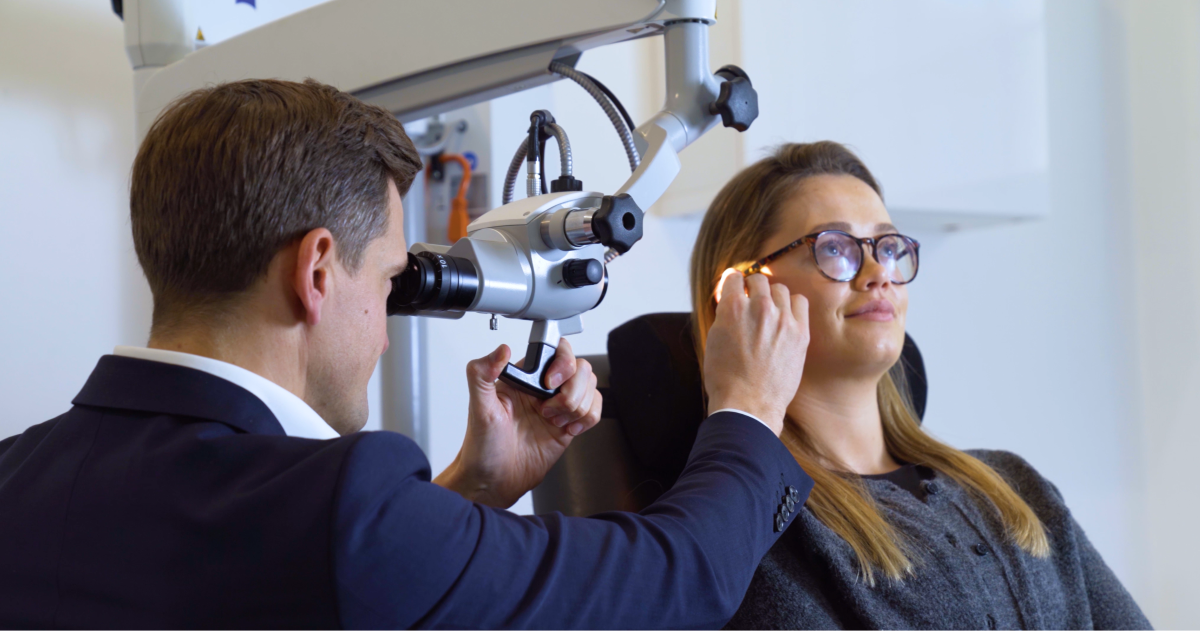
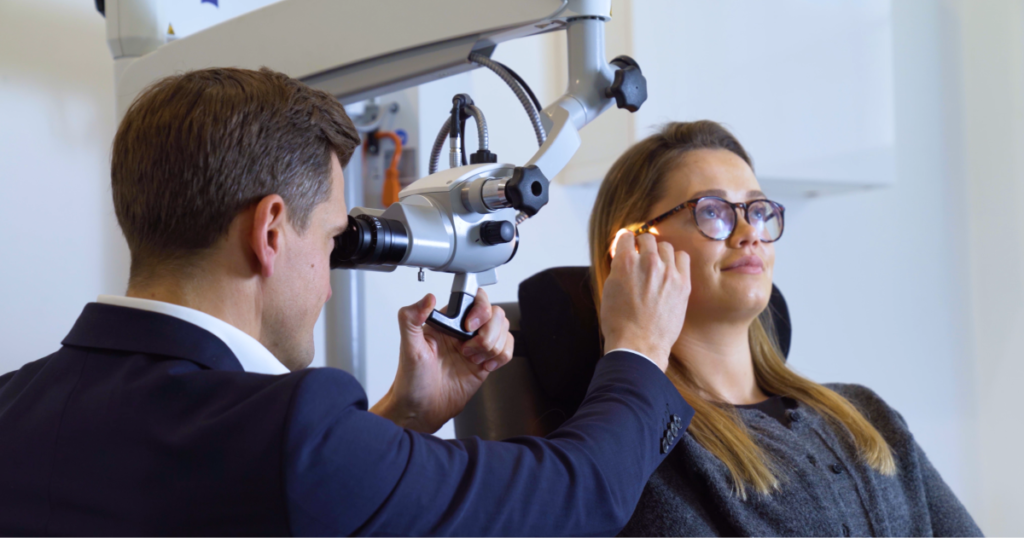
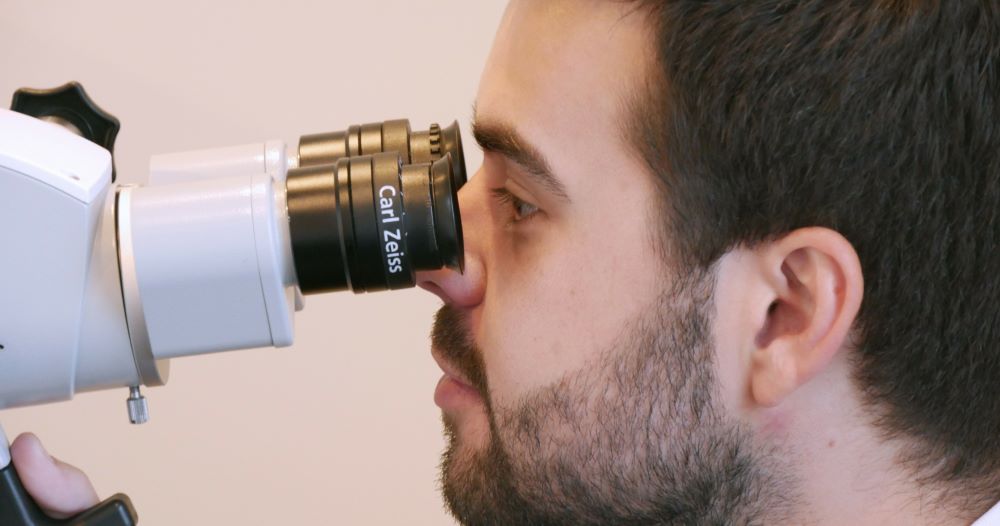

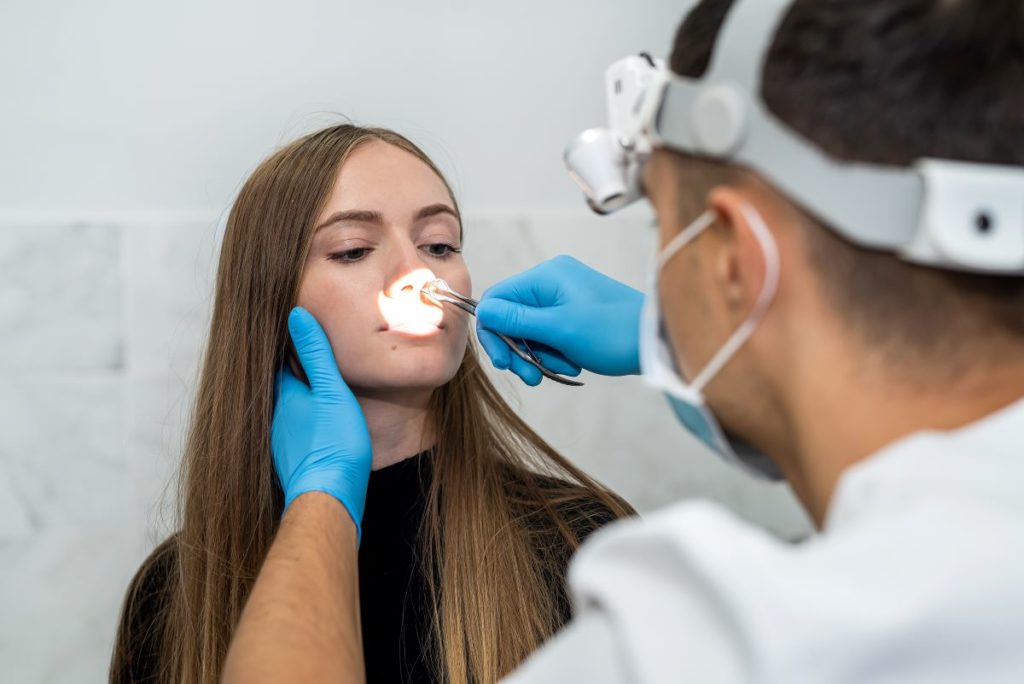
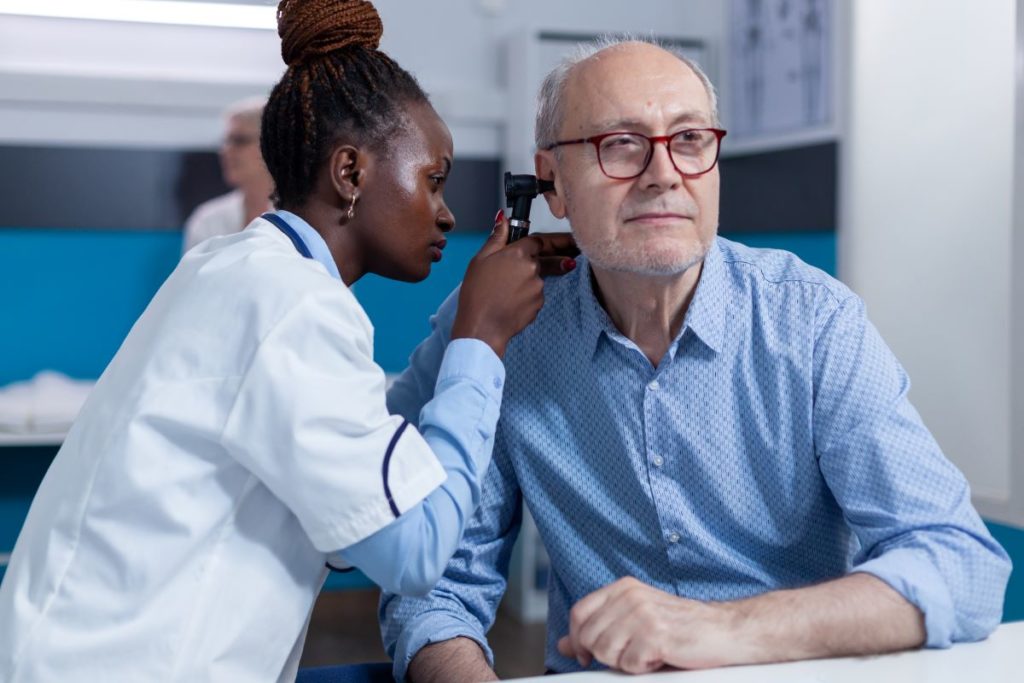
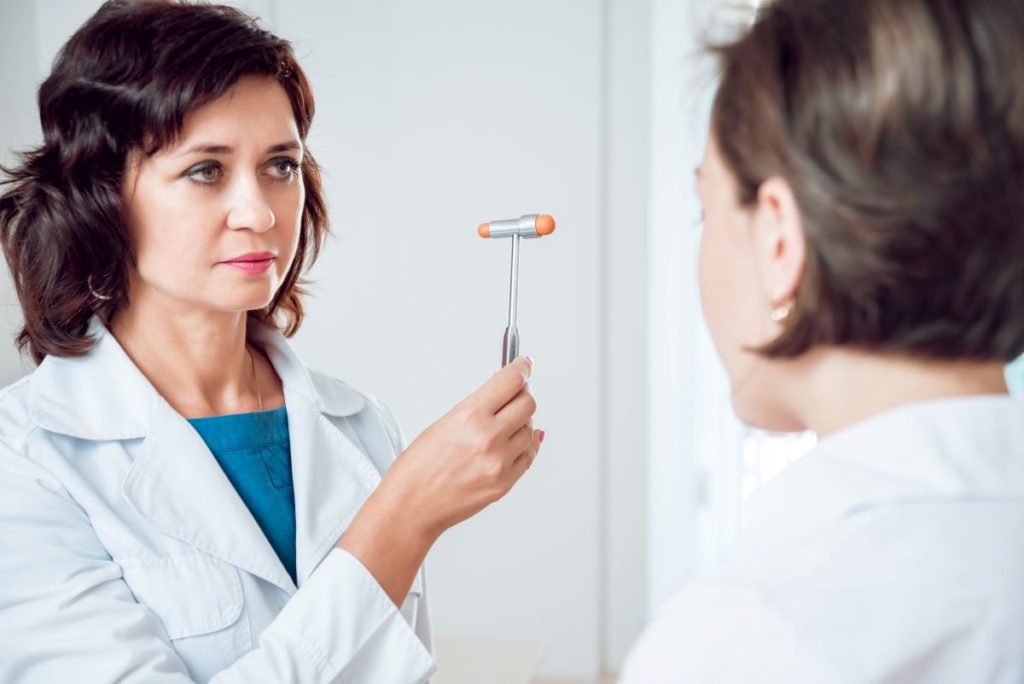









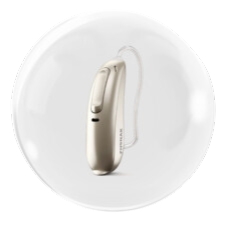
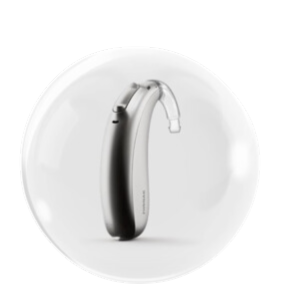
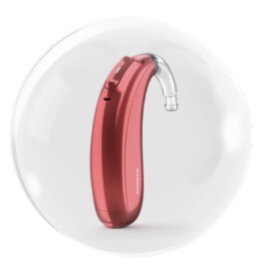
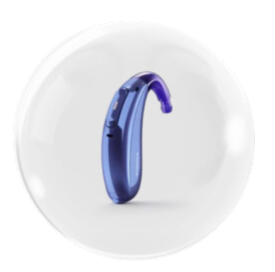
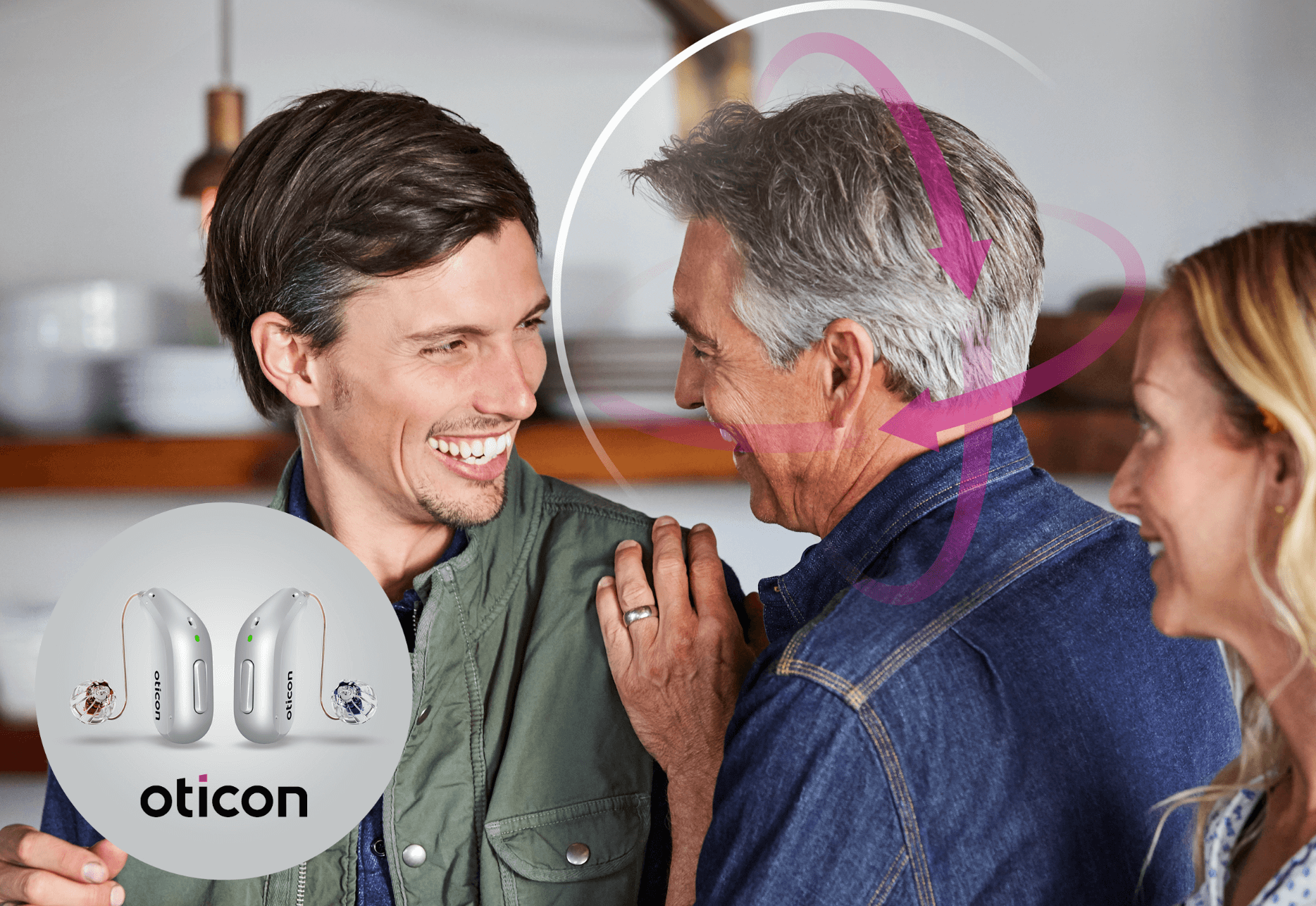
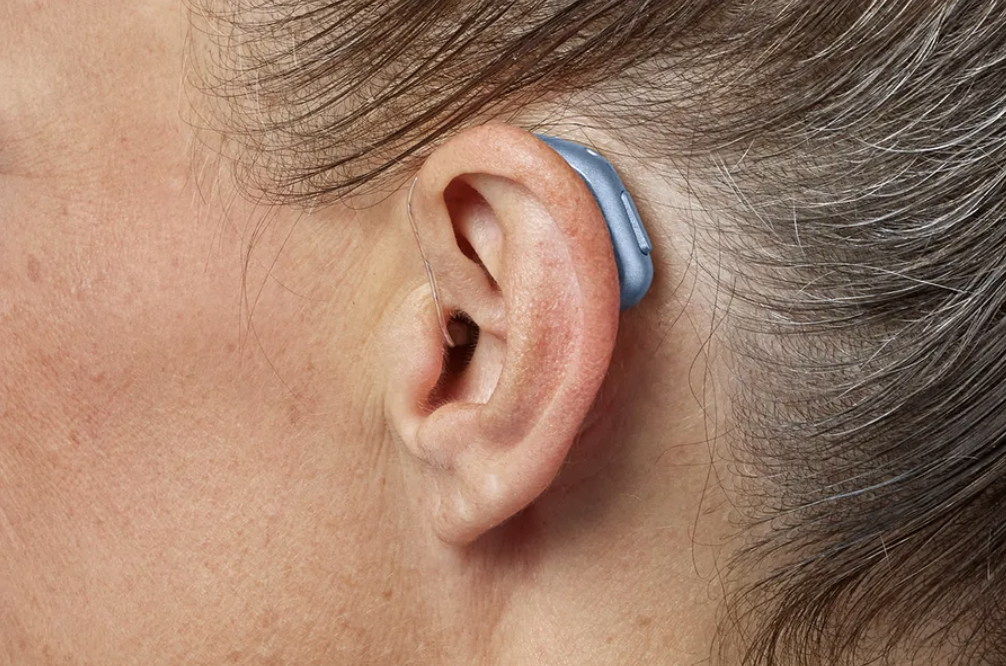
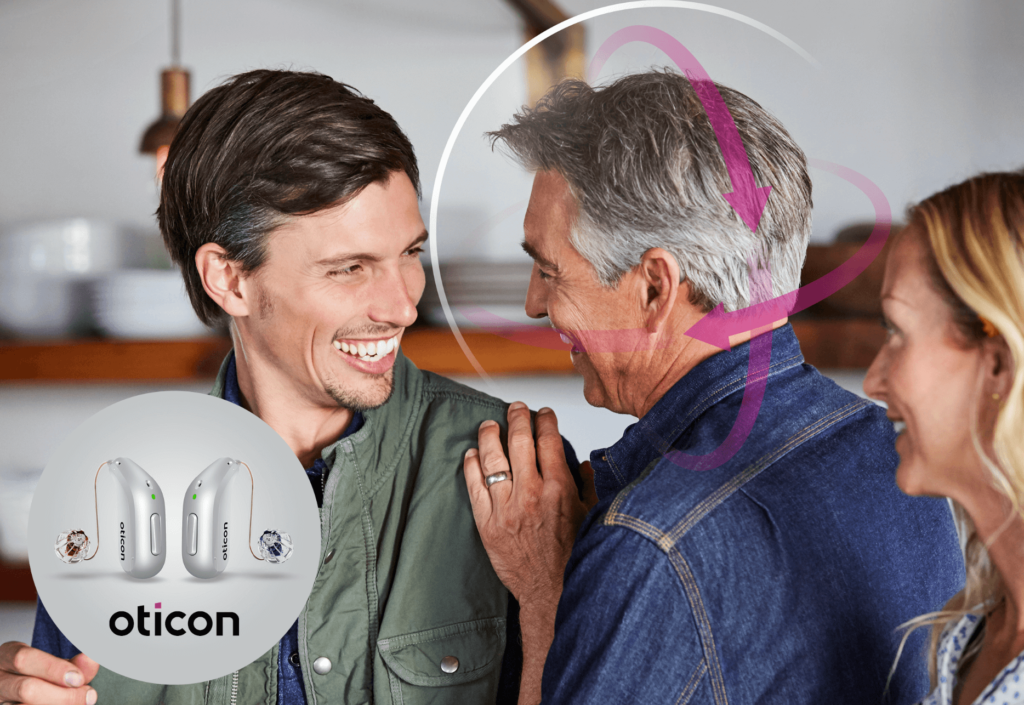
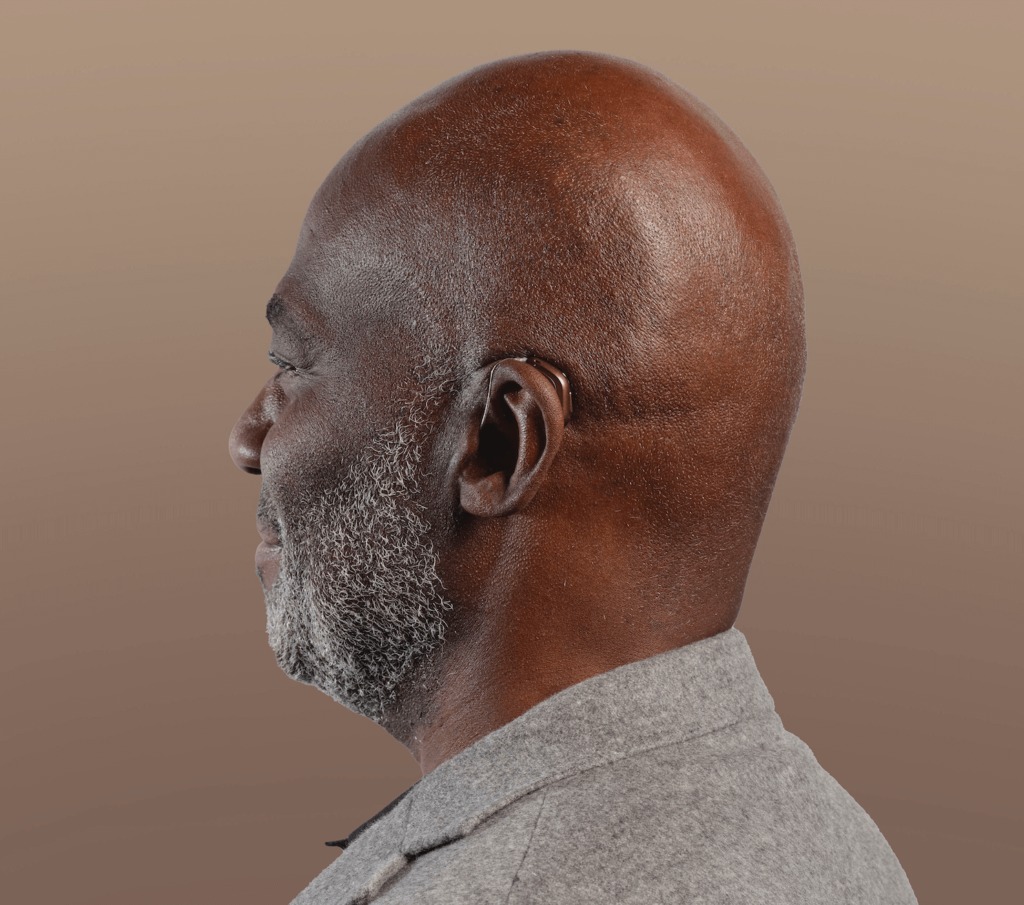
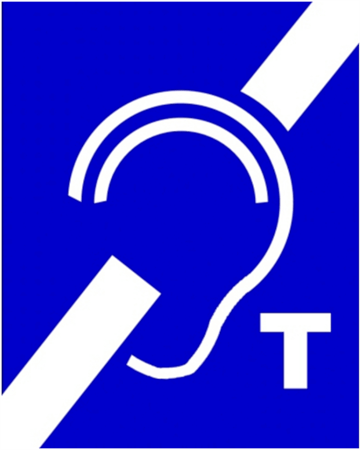


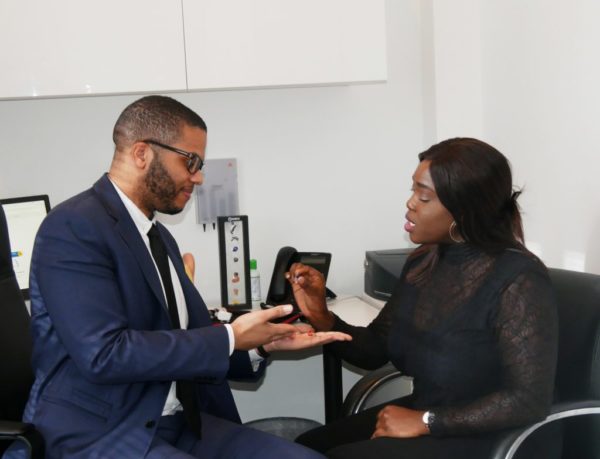
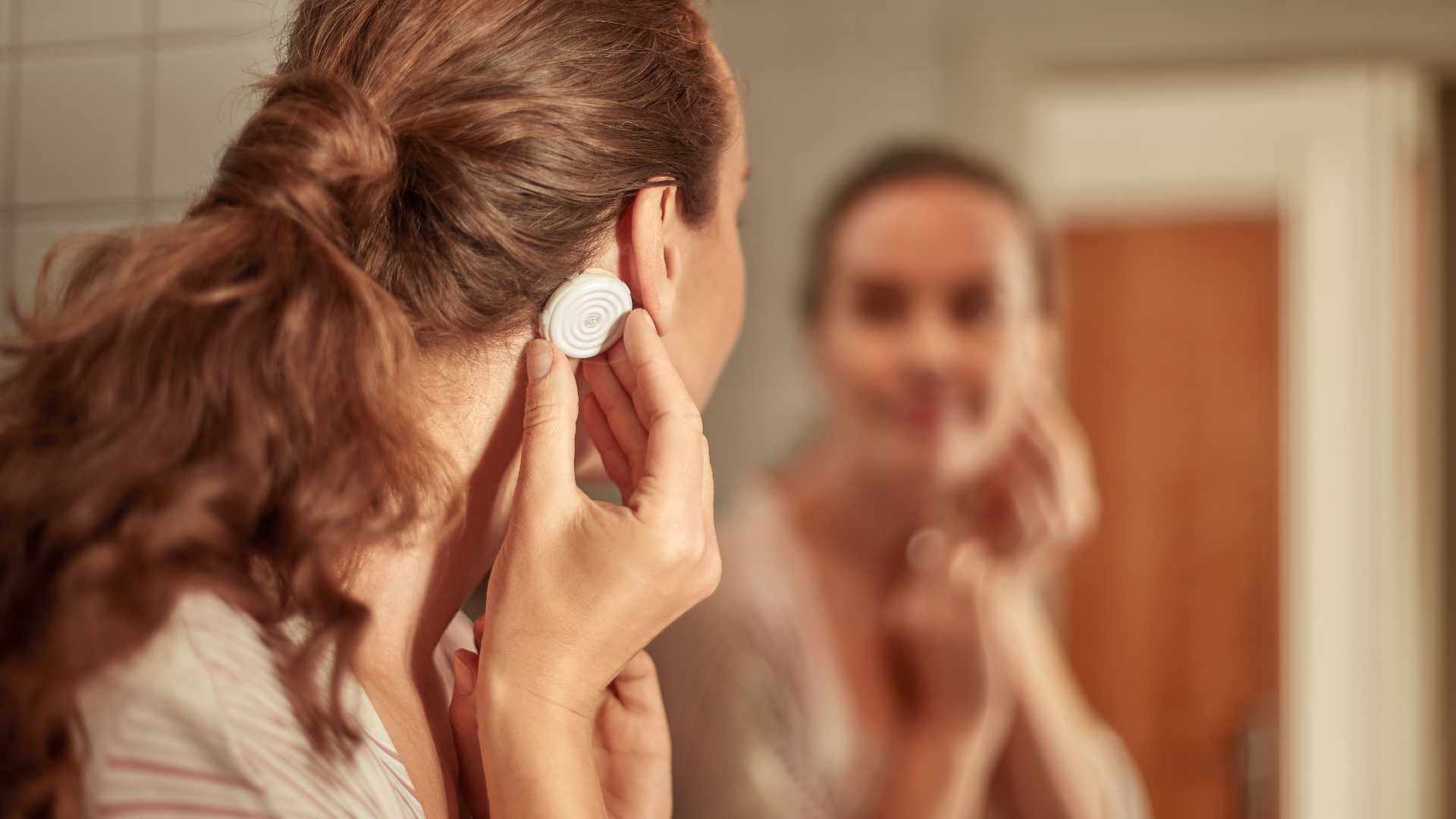

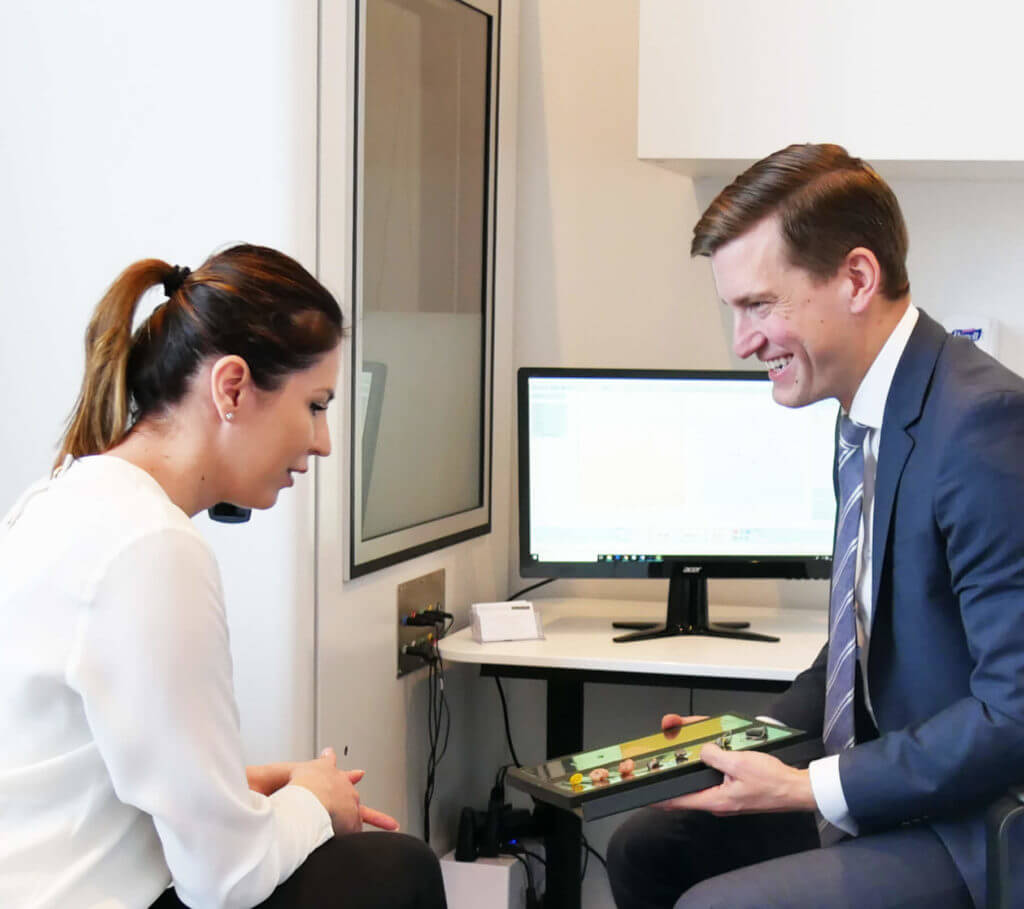
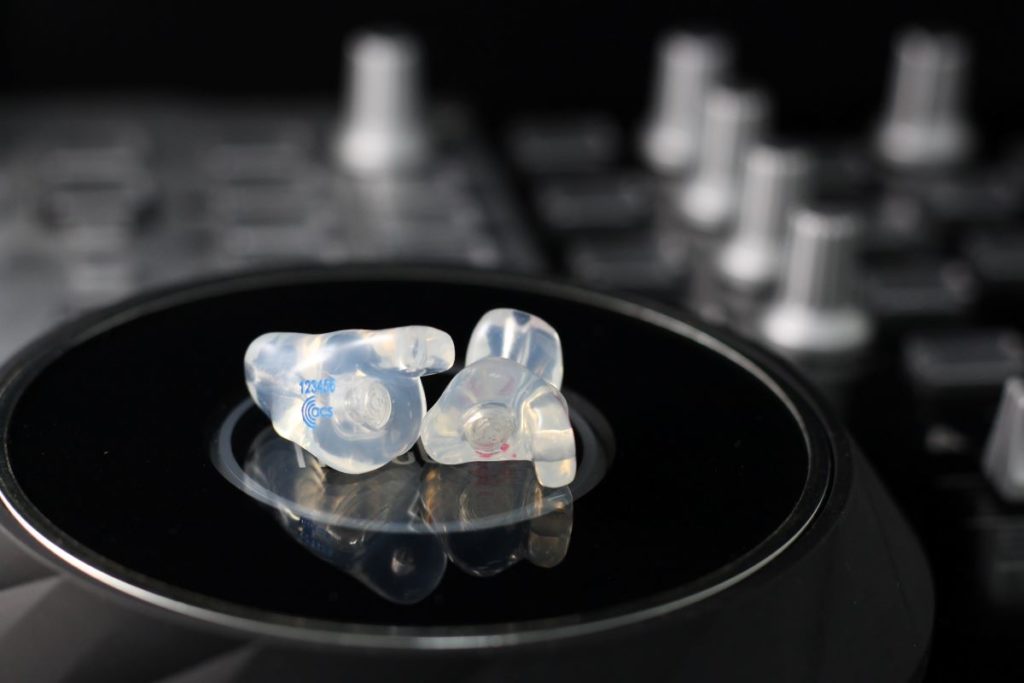
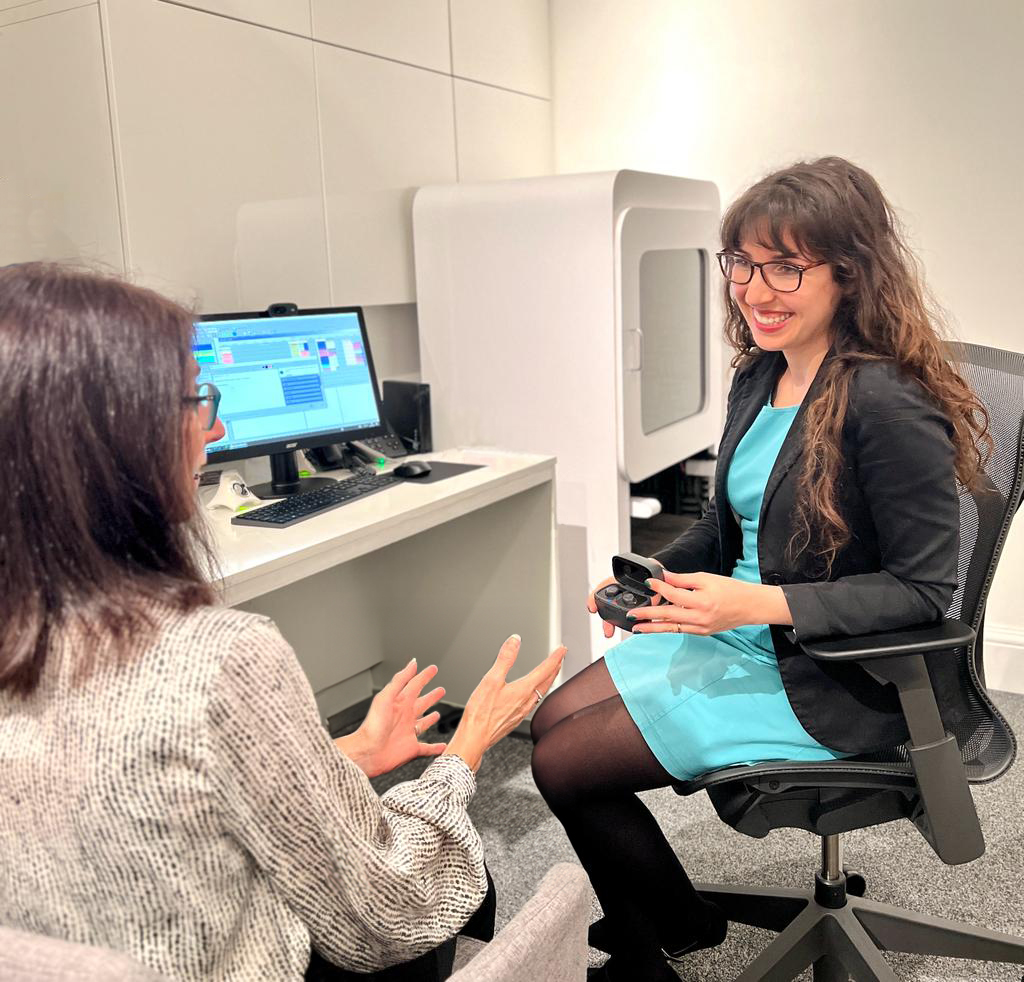







Recent Comments